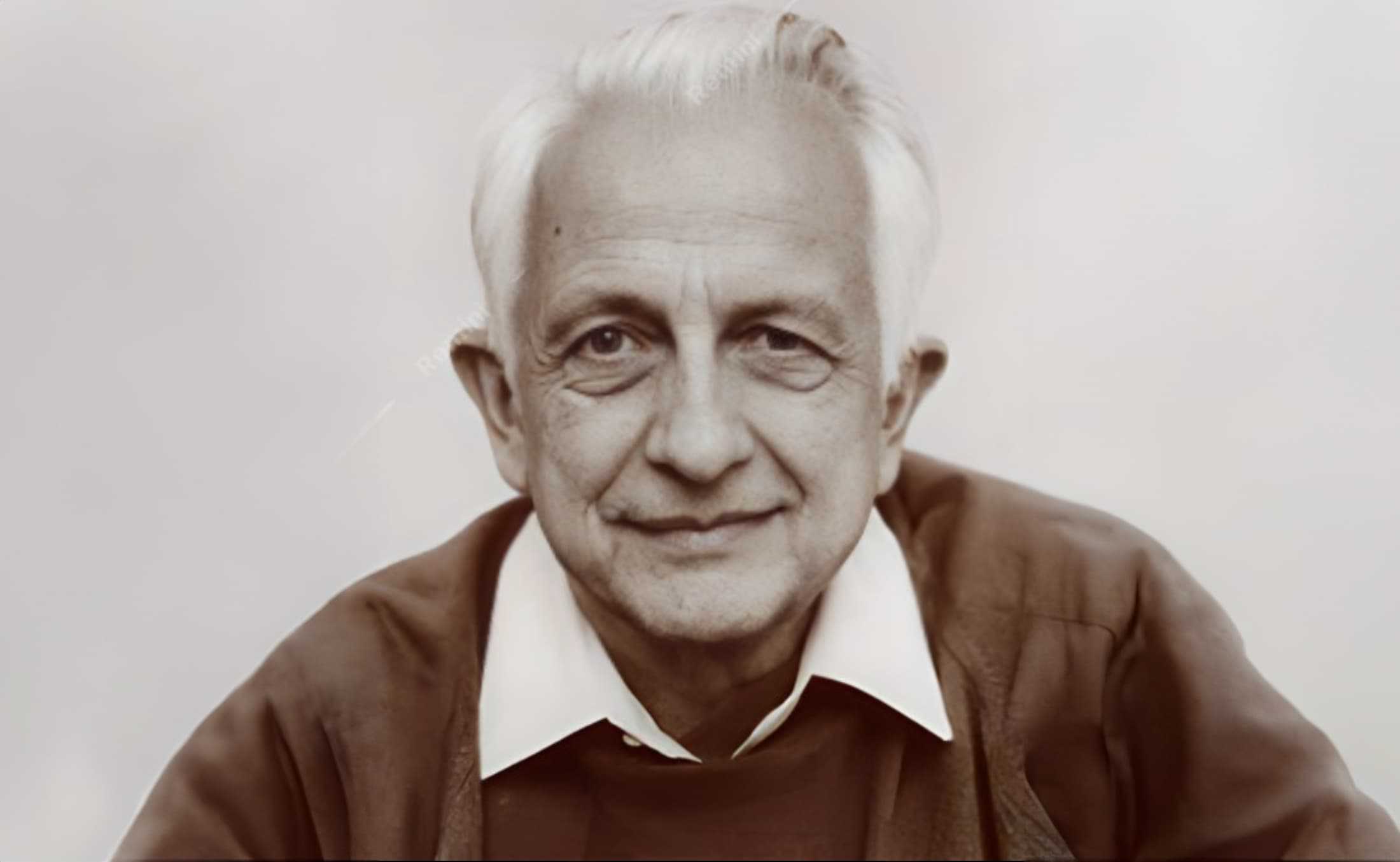
In Memoriam: Dietrich Vincent
The NERS Professor Emeritus will be remembered for his contributions to the experimental analysis of radiation effects on materials and kind demeanor.

The NERS Professor Emeritus will be remembered for his contributions to the experimental analysis of radiation effects on materials and kind demeanor.
Dietrich “Dieter” Vincent, NERS Professor Emeritus, passed away on April 30, 2024 at the age of 98. Vincent’s contributions have left an indelible mark on both academia and research.
“Dieter was always such a wonderful gentleman scholar—so kind, warm, encouraging, and generous,” said NERS Prof. David Wehe. “He was a gifted educator, and students flocked to his lectures. He loved technical books and treated them with great care. Each one was clad in an identical brown wrapping paper, and yet he could pull out the one he sought from his library without hesitation. Everyone who knew Dieter was enriched. His loss has left a big hole in the Department, and his former students and colleagues will cherish the moments we spent with him.”
Originally hailing from Lissa (Leszno), Poland, Vincent studied physics at the University of Posen (Poznan), Poland. He continued his education in Greifswald, Germany, at the University of Goettingen, receiving his diploma in physics in 1950, and then his doctorate in physics in 1956. His early professional roles included a tenure as a scientific assistant at the Isotope Laboratory for Medical Research, Max-Planck Institute, Goettingen, from 1951 to 1958. In 1958, he immigrated to the United States to serve as a resident research associate at the esteemed Argonne National Laboratory. By 1960, he assumed the role of associate professor of nuclear engineering at the University of Michigan, rising to the position of professor in 1964.
Vincent’s pedagogical prowess was quickly recognized, earning him acclaim as an exceptionally effective educator across both undergraduate and graduate levels. Notably, he pioneered the establishment of a groundbreaking laboratory course focusing on the analytical applications of nuclear radiation, a pioneering initiative nationwide. His research endeavors predominantly revolved around the utilization of radiation in probing material characteristics, fostering a robust partnership with the National Bureau of Standards.
Vincent was the standing instructor for NE311-312 for many years, and he developed a polished textbook covering the subjects. He had a keen interest in Mossbauer spectroscopy and had a seismically isolated marble table that was quite impressive in his lab. He established a laboratory course on the analytical uses of nuclear radiation, a pioneering effort that stood as the first of its kind.
Throughout his career, Vincent engaged in various international ventures, including a stint in Taiwan, Republic of China, during the 1968–69 academic year, where he served as an expert and lecturer under the International Atomic Energy Agency. Moreover, his sabbatical year in 1982–83 saw him contributing to the Center for Analytical Chemistry at the National Bureau of Standards.
In addition to his scholarly pursuits, Vincent played a pivotal role in student guidance, assuming responsibilities such as undergraduate program advising and pre-enrollment counseling for incoming engineering students for an extended duration. His unwavering dedication to student welfare earned him widespread recognition within the academic community.